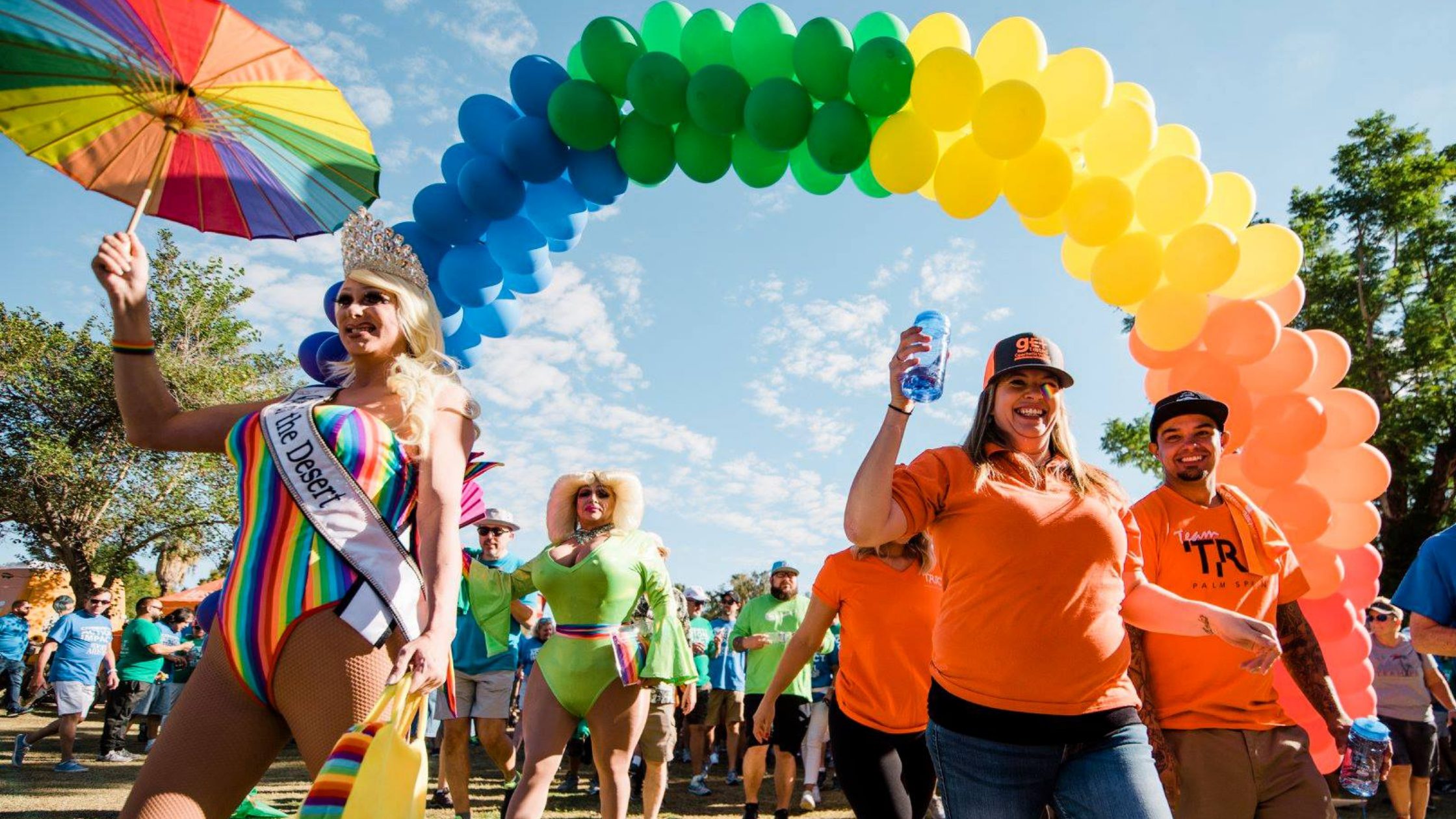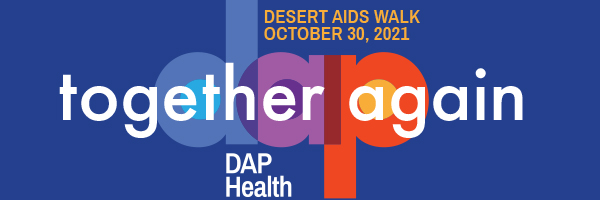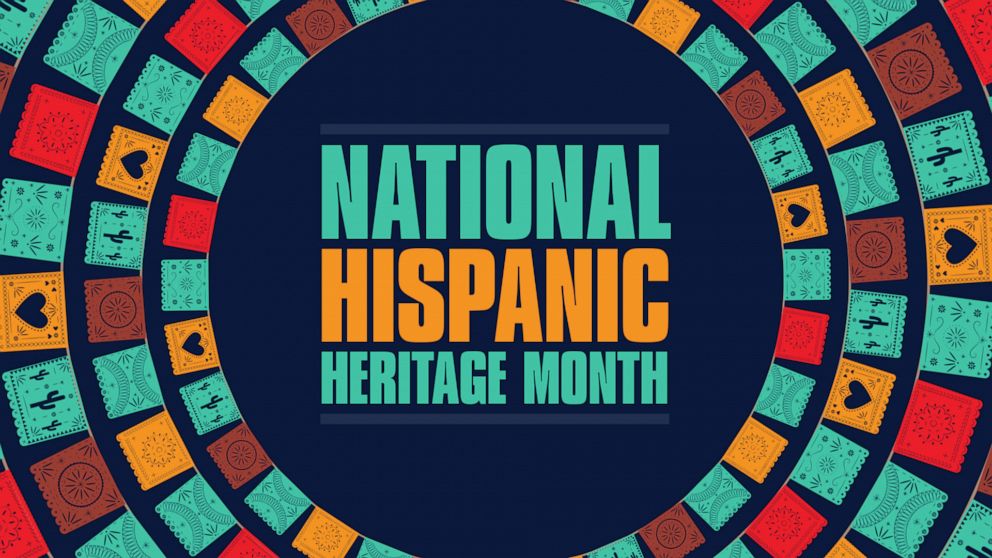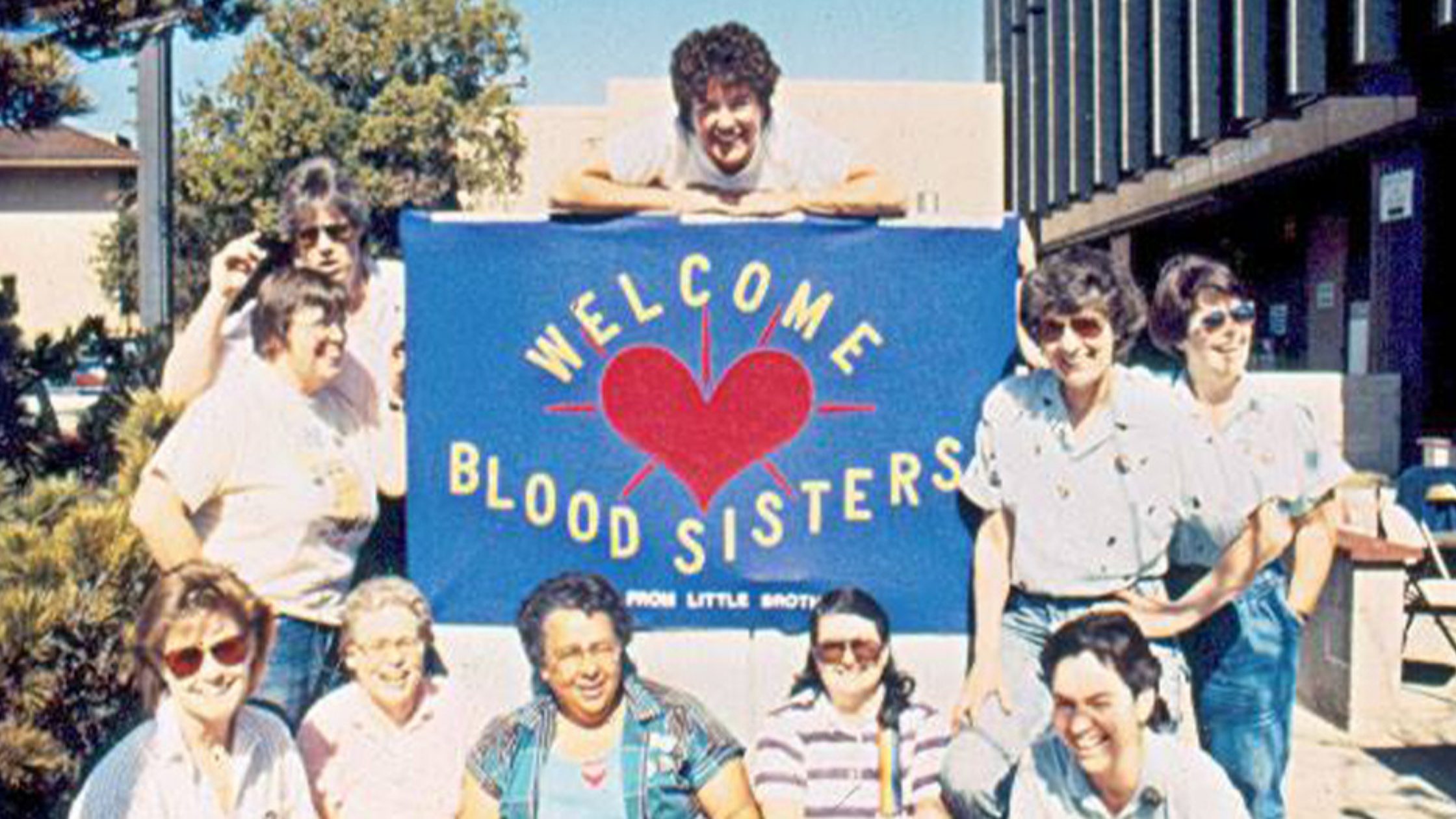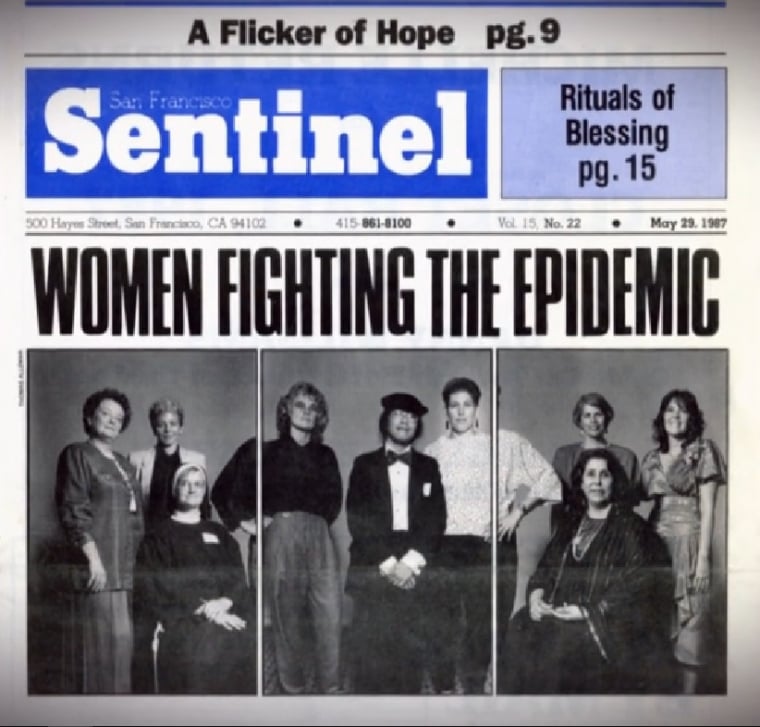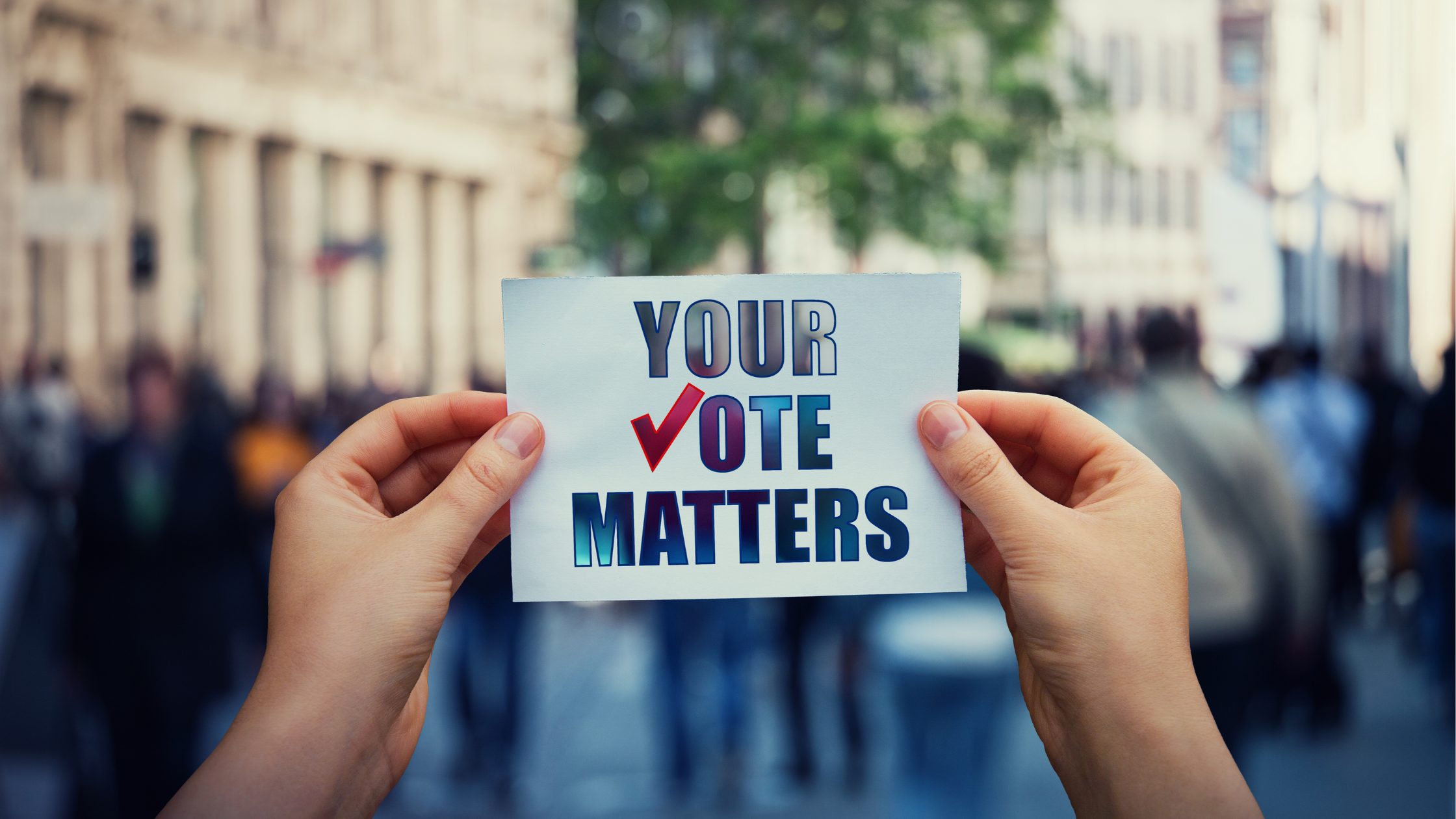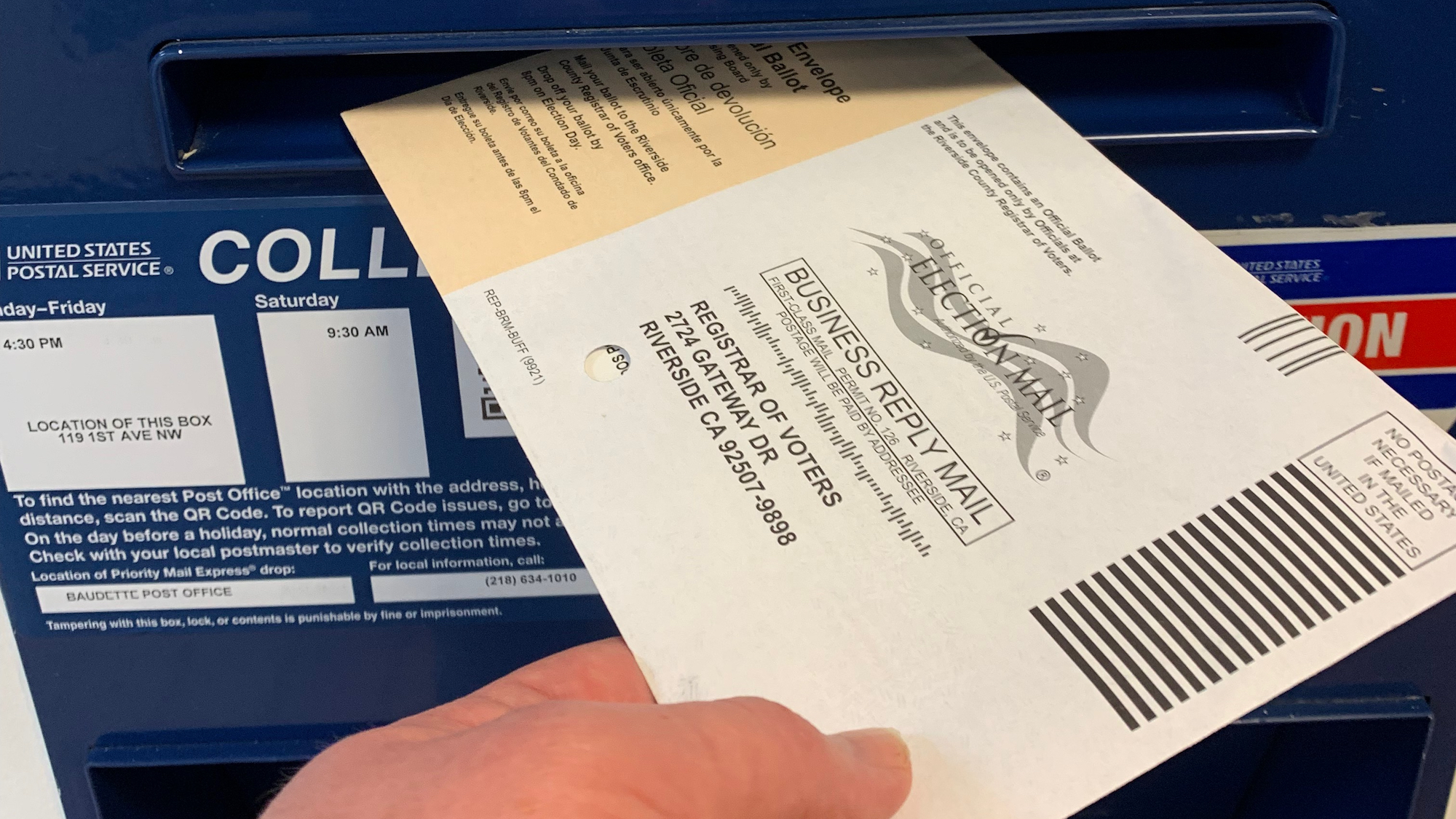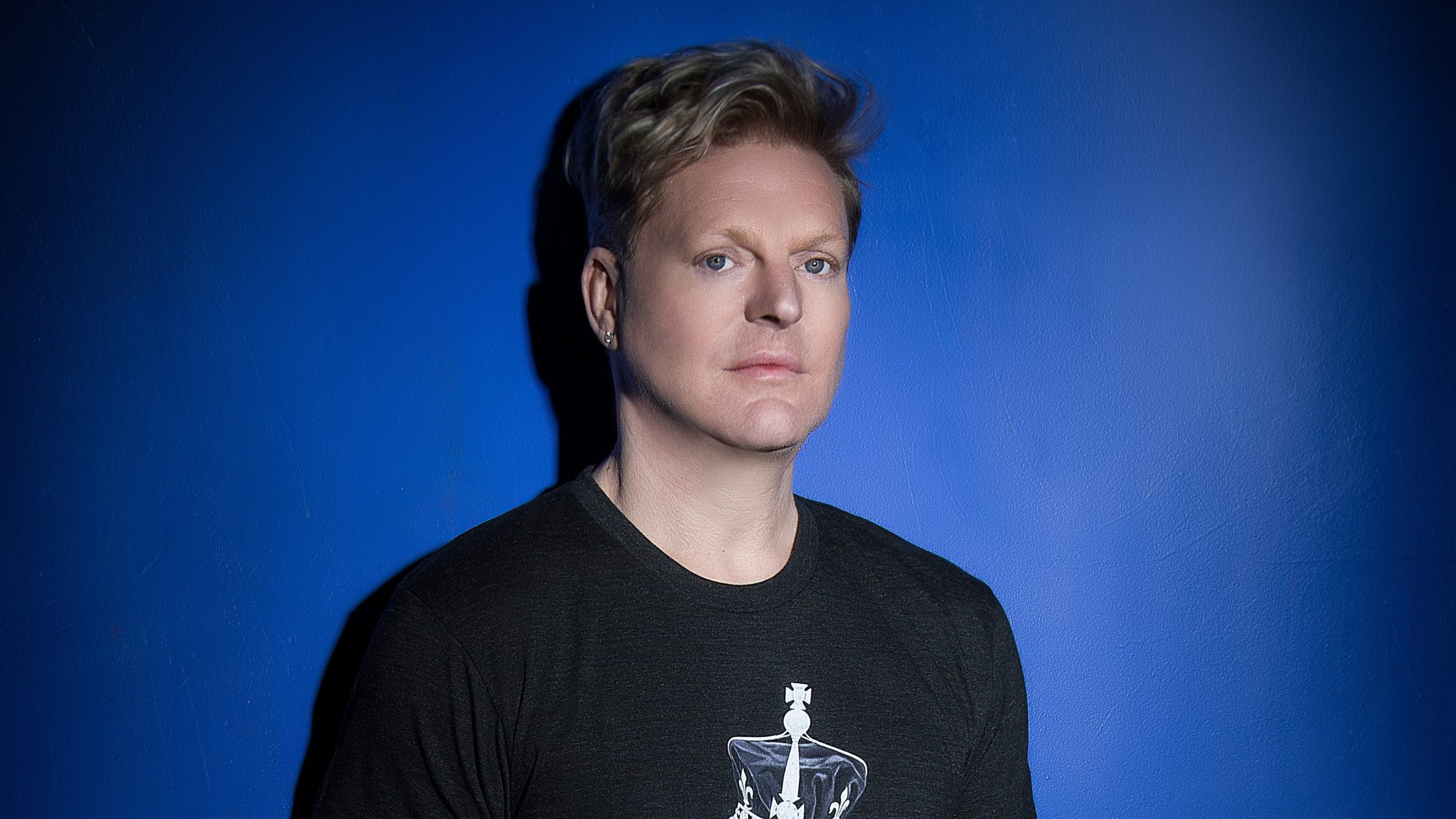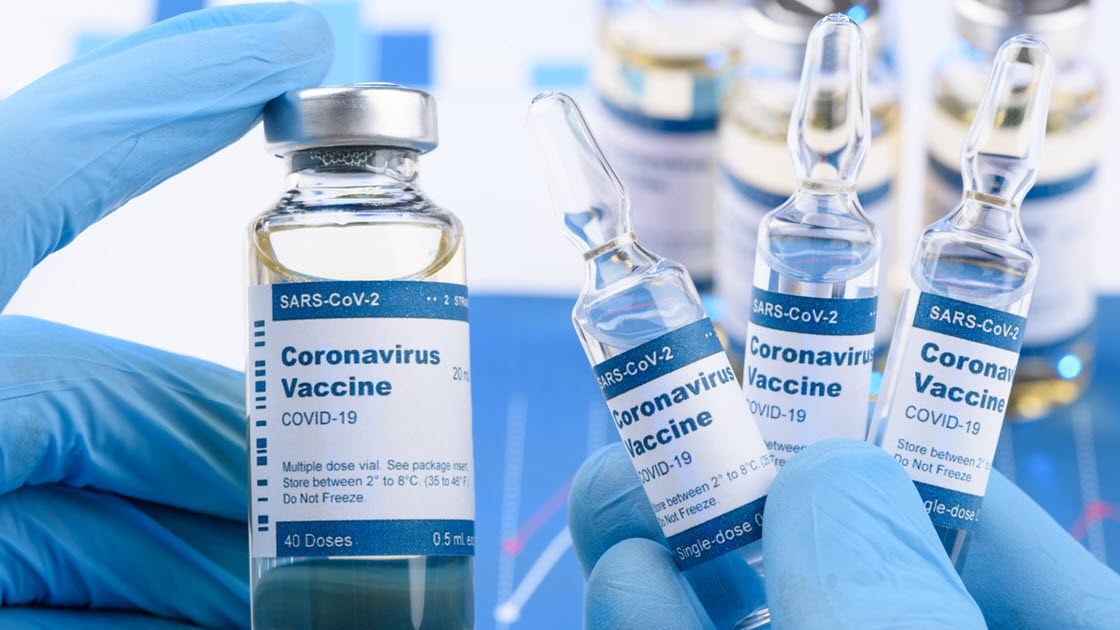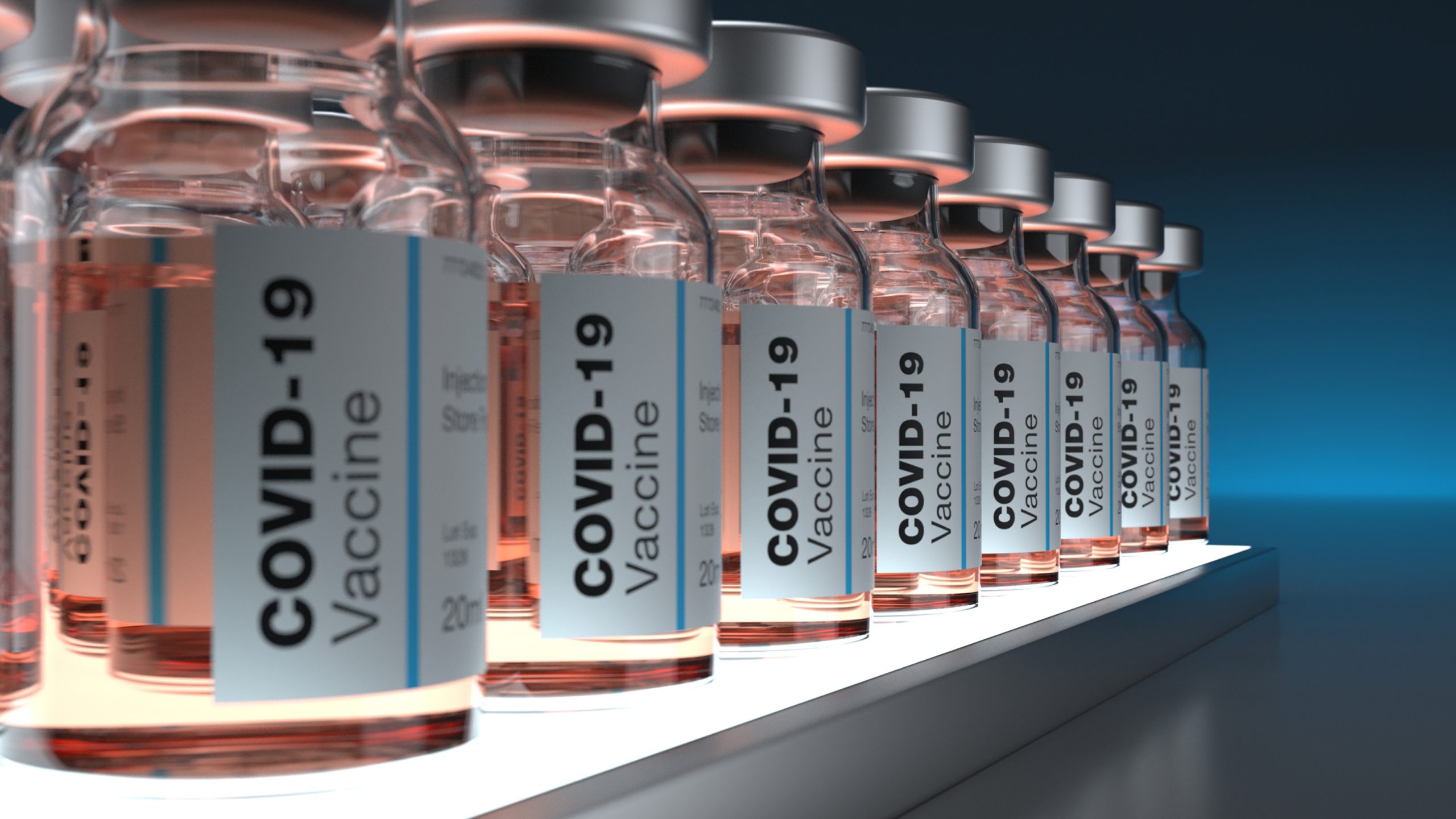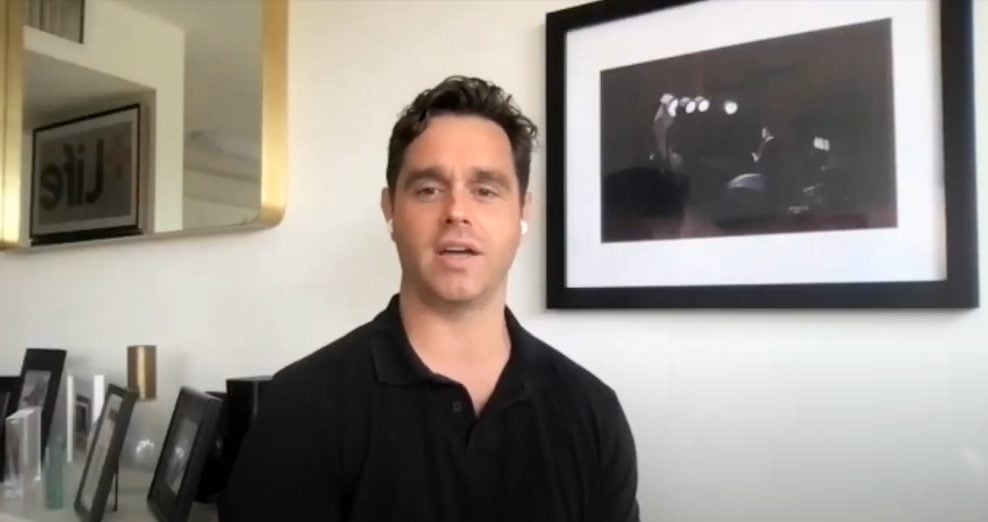
Community Comes Together, Provides Inspiration at 2021 Aging Positively – Reunion Project
By Leighton Ginn
When the top organizations in the area got together for the Aging Positively – Reunion Project Conference on September 19, it sent a powerful and inspiring message.
The event was aimed at providing information and inspiration for those aging with HIV. The event showcased community leaders who provide services to improve the quality of life for those older adults living with HIV.
Attendee David Parry felt the conference was uplifting after what he experienced in the early days of the crisis.
“I lost many, many friends, too many friends to count, in the late 80s and early 90s,” said Parry, a Rancho Mirage resident. “Now today, people aren’t just surviving with AIDS, but truly living full lives. It’s an amazing recovery story. … To have the emphasis on living full lives and the resources available to us to make that possible is really empowering.”
This year’s event was headlined by Andy Bell, the lead singer of the pop group “Erasure,” and Karl Schmid, co-creator of +Life Media and ABC7 Los Angeles contributor.
Jeff Taylor, the executive director of the HIV+ and Aging Research Project in Palm Springs, interviewed Schmid. He said having both Schmid and Bell sent a positive message. When they came out as HIV positive, they didn’t suffer as bad a backlash as feared and were embraced.
But an even more powerful message was having eight local organizations come together to provide an event that attracted a record 274 registered guests. There were attendees from all over the country as well as Thailand.
“I was pleasantly surprised at how well the virtual format worked and how well people responded to it,” Taylor said. “It’s really great to see that group come together. We’ve been collaborating for about four years now and it just gets better and better each year. It’s a delight to work with these people.”
There was a wide array of topics covered, such as research updates, which featured DAP Health’s Research Coordinator Greg Jackson and caregiving. But the event went deeper with other topics such as meditation, an end-of-life doula, sustaining and making new friends later in life, and HIV in the media.
"It was an energizing experience for our team at DAP Health to collaborate alongside other local organizations committed to supporting community members living and aging with HIV. We were all grateful for the opportunity to connect around a shared vision for this event and for the leadership of its committee members," said Steven Henke, Director of Brand Marketing at DAP Health.
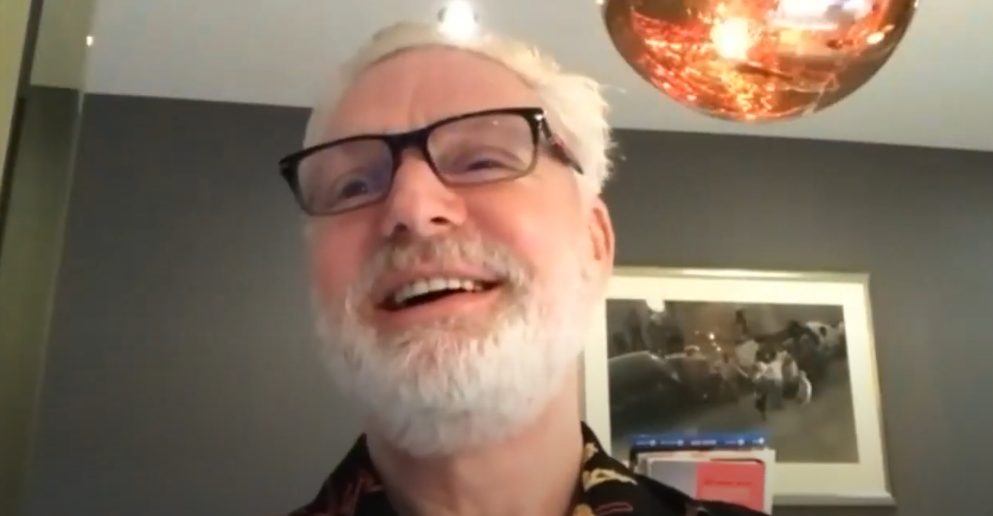
Bell spoke about his career in Erasure, which produced the pop hits “A Little Respect,” “Chains of Love,” and “Oh L’Amour.” Bell’s session, which ended the conference, had a memorable moment when Parry got on the line. Parry was an accountant for one of Erasure’s tours, and Bell remembered him as being a “hunk” and wearing bicycle shorts.
“I was shocked he even remembered my name. I was really touched, and a little embarrassed he referred to me as a hunk, ” said Parry, the Senior Director, Executive and Internal Communications for Blue Shield of California.
“Whatever short shorts I had on at the time, I’m sure they were much longer than what he was wearing.”
Taylor said the committee, inspired by the success of the 2021 version of the conference, is already planning next year’s conference, which they hope can be in person. Even so, Taylor said he would like to see a hybrid conference to maintain the virtual element to extend their reach beyond the Coachella Valley. He likes the idea that the conference could be available to people in the Midwest and South, where they don’t have the kind of resources the Coachella Valley does.
“People reach out to me to see and ask, ‘How can we make it happen here?’” Taylor said. “We forget how fortunate we are here, so to make it available to people elsewhere who don’t have it, and make it a springboard to capacity building for them is really exciting.”
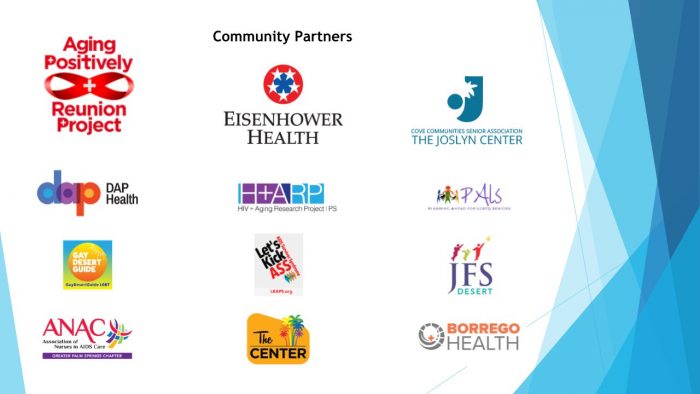
How is DAP Health caring for people living and aging with HIV? Dr. Tulika Singh, Director of Research, Associate-Chief Medical Officer, explains.
Help us continue to provide compassionate health care by registering now for the 2021 Desert AIDS Walk at www.DESERTAIDSWALK.org.









